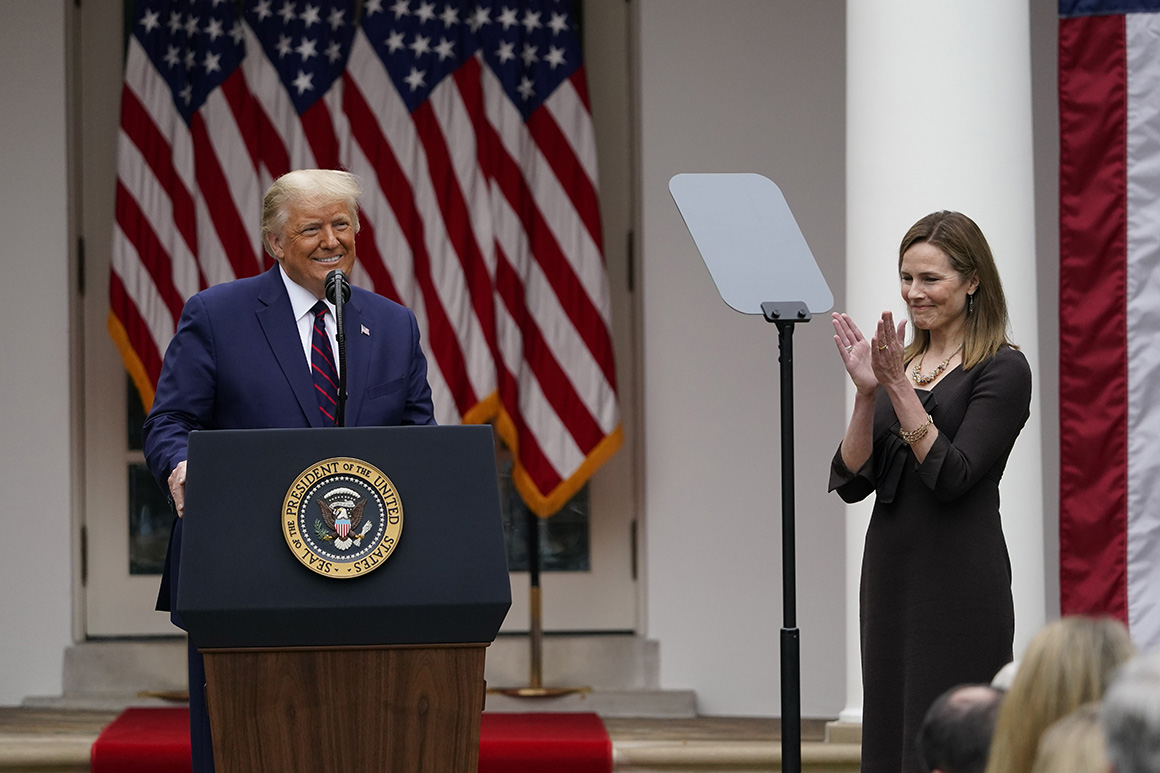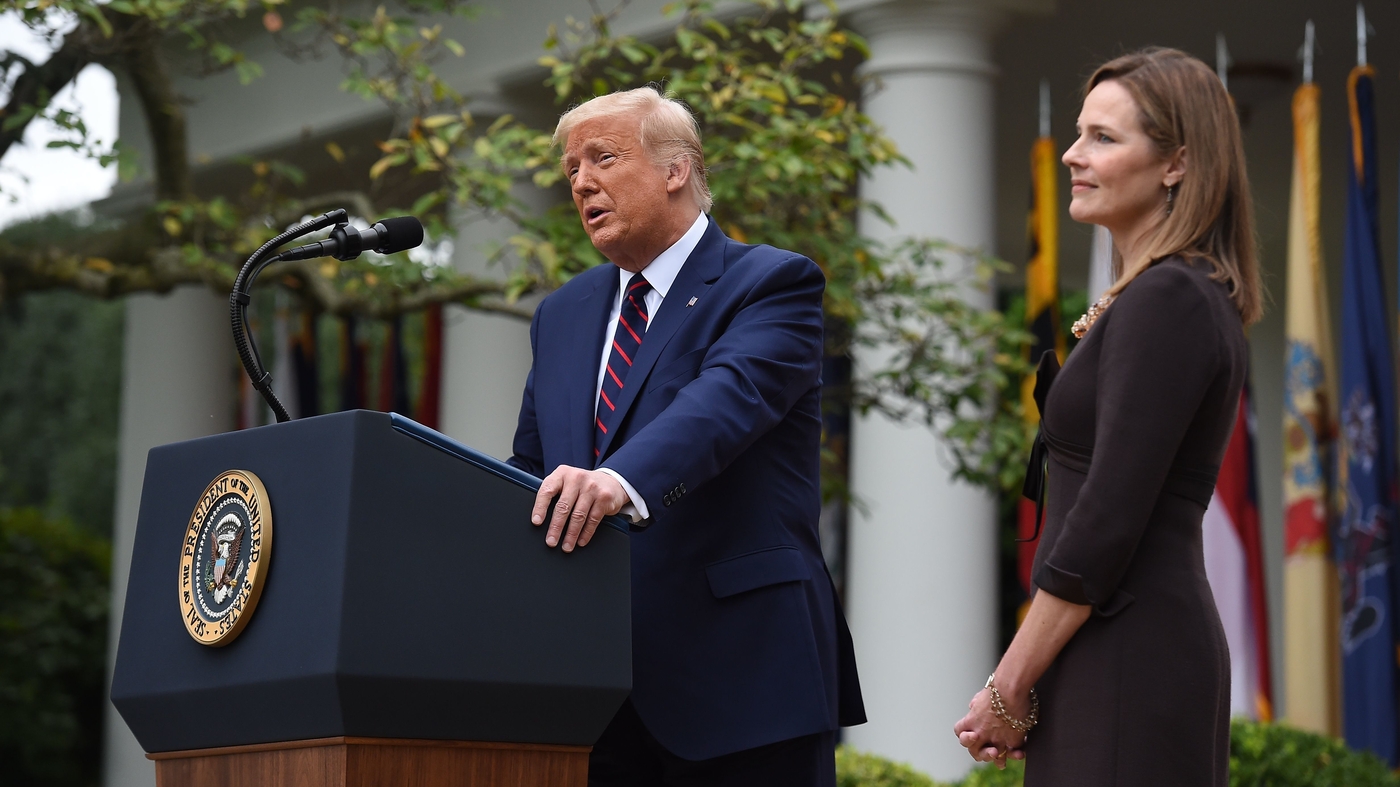Immunity Appeal: Ex-Federal Prosecutor Predicts Rejection by Trump-Appointed Justice

Immunity Appeal, the term that has become a focal point in the legal discussions surrounding former President Donald Trump. An ex-federal prosecutor has made a prediction that a Trump-appointed Supreme Court of the United States (SCOTUS) justice will reject this appeal.
The immunity appeal refers to a legal argument made by Trump’s lawyers claiming some form of immunity for him, possibly in relation to actions taken during his presidency. The ex-federal prosecutor, who has extensive experience in the federal legal system, believes that this appeal will be shot down, or rejected, by the Trump-appointed justice.
This prediction is significant as it suggests that even justices appointed by Trump may not necessarily rule in his favor. This underscores the independence of the judiciary and its commitment to upholding the law, regardless of political affiliations.
The ex-federal prosecutor’s prediction also sheds light on the complex legal issues surrounding presidential immunity. The concept of presidential immunity has been a subject of debate among legal scholars for decades. It raises questions about the extent to which a sitting or former president can be held accountable for their actions while in office.
In the case of Trump, his lawyers have argued that he enjoys broad immunity from prosecution. They contend that this immunity extends to actions that he took while in office, which they argue were within his powers as president.
However, the ex-federal prosecutor disagrees with this interpretation. He believes that the Trump-appointed SCOTUS justice will reject the immunity appeal, potentially paving the way for legal action against Trump.

This prediction, if it comes true, could have far-reaching implications. It could set a precedent for future cases involving presidential immunity and potentially expose Trump to legal liability.
Nonetheless, it’s essential to take note of that this is only an expectation. The actual outcome will depend on a variety of factors, including the specific legal arguments made by both sides and the interpretation of the law by the SCOTUS justices.
In conclusion, the ex-federal prosecutor’s prediction about the rejection of Trump’s immunity appeal by a Trump-appointed SCOTUS justice highlights the ongoing debate about presidential immunity. It underscores the independence of the judiciary and the complex legal issues surrounding presidential accountability. As the case unfolds, it will be interesting to see whether this prediction comes true and what implications it could have for Trump and future presidents.





